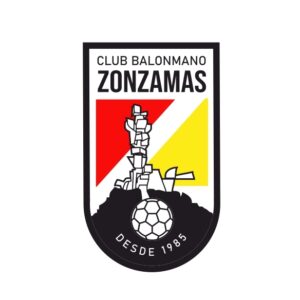In an era when becoming a postman required offering a room in the family home as a postal office, which effectively served as a citizen’s help point open 24 hours a day, three generations of the González family managed postal services in the municipality of Yaiza for over 70 years.
Siblings Juana and Enrique González Hernández, known among neighbours as ‘the post office people’, proclaimed the Fiestas de Los Remedios de Yaiza in the village square on Friday. They reminisced about the service conditions of yesteryear and the close relationships formed with residents as bearers of both good and bad news. This nostalgic journey also highlighted the socioeconomic context of southern Lanzarote, heavily influenced by the dedication of its inhabitants to the primary sector.
“One day at three in the morning, a lady knocked on the door because she had received a notice about a certificate to collect at the office in Arrecife. She thought it was in Yaiza and came here to retrieve it. The postman woke up, opened the window, and explained what she needed to do. The lady left feeling reassured,” recounted Juana González, sharing an anecdote about her family’s commitment to the community. She was joined on stage by her brother Enrique, the mayor of Yaiza, Óscar Noda, the councillor for festivities, Daniel Medina, and the parish priest, Jonathan Almeida.
Although Juana was not an employee of the postal service, she assisted by receiving letters, sourcing stamps, and sorting the incoming correspondence—tasks also undertaken by other members of their family of nine siblings. The mayor of Yaiza praised “the selfless dedication of the family to the community and their contribution in essential areas such as education. Juana was a schoolteacher and has also devoted many years of her life to supporting the parish’s pastoral mission as a catechist.”
Regarding postal services, Juana noted that “deliveries were made punctually every day. It was crucial to deliver telegrams urgently as, unfortunately, most contained bad news. Families eagerly awaited letters from relatives abroad, young women anticipated letters from their boyfriends, money orders, the subscribed newspapers, and the occasional package.” With a smile, Juana remarked, “That’s how we lost the surname González, and now everyone knows us as the post office people.”
Daniel Medina emphasised “the esteem that Yaiza holds for the González family for their services and their collaborative relationship with the parish. They are very beloved individuals.” The councillor also lauded “the support from the Yaiza festival committee and all the ideas presented to coordinate the Remedios programme—a fortnight of togetherness, joy, and tradition.”
Agriculture: A Symbol of Togetherness
Furthermore, the proclamation by ‘the post office people’ highlighted how agriculture invigorated the village, simultaneously strengthening familial and social bonds: “All family members participated in agricultural tasks, and neighbours supported one another, sharing successes and failures, joys and sorrows.” Juana González reminisced about the time of sowing cereals and legumes “in the fields at the centre of the village and even on the mountain slopes (where today the fireworks are set off at the end of the festival). It was a beautiful green landscape intertwined with the vibrant colours of various herbs, merging with the harvest, such as the white and yellow straw or the red poppies.”
The harvested fruit, the speaker added, “was delicious, healthy, and natural: prickly pears, which we call picones here, figs from the fig tree or brevas. Both could be enjoyed fresh or sun-dried—figs had to be sun-dried, while the picones are referred to as ‘porretos’. Not to mention the sweet grapes, which, according to the elders, ‘grapes, cheese, and gofio banish wrinkles’.”














